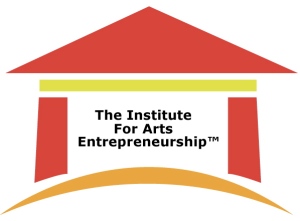|
Imagine if students could discover and harness their true passion and commitments, and from the very beginning design their education to pursue that path. Founded in 1996, IE is an award winning, nationally recognized inter-collegiate and multi-disciplinary Consortium that provides a structure and opportunities for students (as well as others) to creatively utilize their intellectual capital as a lever for social good. As the name suggests, IE blends the best of an intellectual ability to make discoveries and create knowledge with the entrepreneurial ability to create and execute new ventures that positively impact society. IE understands that entrepreneurship is ultimately a mode of cultural innovation, embodying a powerful attitude for engaging the world. IE demonstrates to students that they have excellent, important ideas that the “real world” needs, gives them the tools to develop and execute their ideas, and encourages a sense of responsibility to act on their ideas. Tommy Darwin has worked as a program director, professor, and consultant finding ways to bring diverse groups together to creatively engage complex problems, with a focus on community problems. Working across the boundaries within a major research university and in its surrounding community, he has extensive experience bringing expertise of all varieties to bear on complex challenges, using entrepreneurship and design both as tools and a framework for change. Tommy Darwin |











[…] Dr. Tommy Darwin occasionally helps us understand the science behind the art of our practice. And while there are many more factors than biology when it comes to implementing change, it’s important to understand that scientific element. For instance, identifying early adapters and networking them together — creating something akin to a social neural pathway — in turn can help others in the group more easily accept a new course. We now call these “change agent networks,” but I don’t think many of us were aware that they function like an individual brain. […]